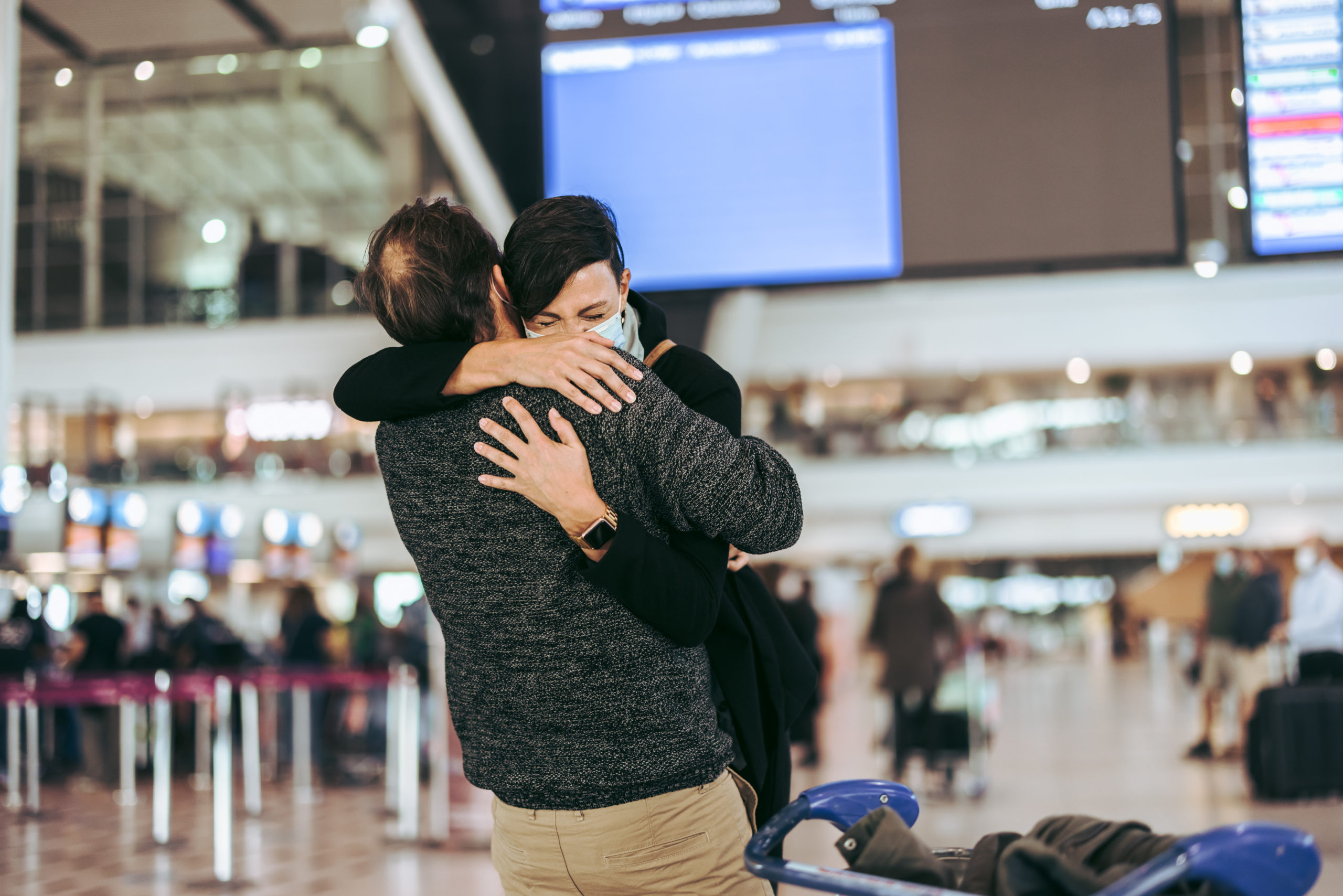Biden-Harris Administration Announces New Family Reunification Parole Processes
Who Can Apply? How Does the Process Work?

The Department of Homeland Security recently announced the creation of new family reunification parole processes for El Salvador, Guatemala, Honduras, and Colombia, which would allow eligible family members to come to the United States without waiting for their immigrant visas to become available. Family reunification parole grants temporary permission to certain family members of U.S. citizens and lawful permanent residents to enter the United States. These processes are not yet finalized, but once they are, they will allow vetted immigrants with already approved family-based petitions to be paroled into the United States. Parole is a discretionary benefit that will be granted on a case-by-case basis. Those granted family reunification parole will be issued travel authorization to enter the U.S. Once paroled into the U.S. under the family reunification parole program, he/she/they would be eligible to apply for employment authorization.
To be eligible for family reunification parole, you must meet the following requirements:
- You must be a family member of a U.S. citizen or lawful permanent resident;
- You must be the beneficiary of an approved Form I-130, Petition for Alien Relative; and
- You must not be inadmissible to the United States.
The U.S. Government will review your application and make a decision on whether to grant parole. If granted parole, you will be allowed to enter the United States for a period of time that is determined by the U.S. Government. You will likely be able to extend this period of time. During this time, you will be able to live and work in the United States.
You cannot apply for family reunification parole until the U.S. Department of State’s National Visa Center sends an invitation. This invitation will be sent to the U.S. citizen or lawful permanent resident who filed the Form I-130, Petition for Alien Relative on behalf of their beneficiary family members from Colombia, Cuba, El Salvador, Guatemala, Haiti, or Honduras. You must receive an invitation to participate in the family reunification parole process. Invitations have not yet been issued. U.S. Citizenship and Immigration Services will make a public announcement once invitations are issued. U.S. Citizenship and Immigration Services also intends to provide additional information about the program in mid-June 2023.
In the interim, you should keep the following in mind about family reunification parole:
- Parole is a temporary benefit. You will not be able to adjust your status to lawful permanent resident simply because you were granted family reunification parole.
- Parole does not guarantee that you will be allowed to stay in the United States permanently. You will still need to follow all immigration laws and regulations.
- Parole is a discretionary benefit. The government can revoke your parole at any time.
Family reunification parole is a valuable tool for families who are separated by immigration laws. If you are a family member of a U.S. citizen or lawful permanent resident, you may be eligible for family reunification parole. You should contact an experienced immigration attorney to discuss your eligibility and to learn more about the application process.
Contact us if you need assistance with your family reunification parole request.
Sources:
Family Reunification Parole Processes | U.S. Citizenship and Immigration Services
Not sure which option is right for you? Request a confidential consultation today.

